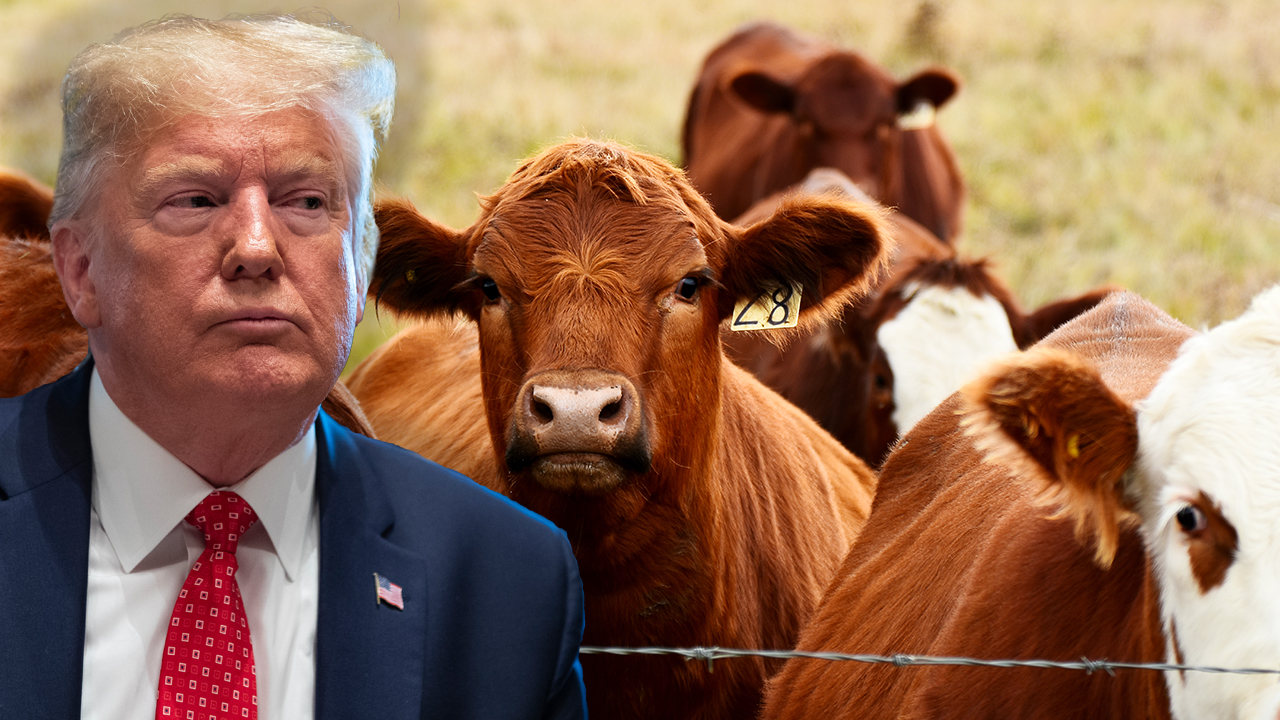The wakeup call for Canadian Agriculture

The Trump threats against Canada are a wakeup call for the federal and provincial governments on the agricultural front, which has not received the attention it should have for far too long
There has been too little attention paid to an export development strategy for farm and food products, says Tyler Bjornson, principal and founder of T. Bjornson and Associates Consulting, whose experience in Ottawa includes time working on Parliament Hill as a political advisor, told a webinar organized by the Canadian Agri-Food Policy Institute.
The Barton report issued nearly a decade ago had plenty of ideas for an agriculture export strategy but little follow-up action on it has been under taken, he said. “There have been lots of ideas but little implementation.”
There has been too little attention paid to an export development strategy for farm and food products, Bjornson, whose experience in Ottawa includes time working on Parliament Hill as a political advisor, told a webinar organized by the Canadian Agri-Food Policy Institute.
The Barton report issued nearly a decade ago had plenty of ideas for an agriculture export strategy but little follow-up action on it has been under taken, he said. “There have been lots of ideas but little implementation.”
The threat of U.S. tariffs has inspired a lot of ideas and one that deserves increased attention is focusing on supplying more products to the Canadian domestic market. While there are hopes that the U.S. disruption will be short term, “our domestic market is a big opportunity for Canadian agriculture to change consumer buying habits.” As well, the agrifood sector should pay more attention to countries such as India, Japan, Mexico, Brazil and Nigeria.
Increased biofuel production is another opportunity for increasing sales in the Canadian and export markets. “We need to focus on getting Canadian processors to spend more to meet the domestic demand for our products,” Bjornson said.
“We need to focus on making Canadian agriculture stronger. We need cool strong heads to reach a deal. We can overcome challenges with levelheaded policies.”
Travis Toews, a former Alberta agriculture minister and former president of the Canadian Cattle Association, said the beef sector in Canada and the U.S. has a naturally beneficial relationship that tariffs would ruin. “They would have a significant effect on Canadian producers and raise the issue of compensation.” The starting point should be enhancing existing programs such as AgriStability but not to the level that it blunts market signals.
“We have no interest in a trade war but it is absolutely critical to have a policy in place to protect producers,” Toews said. “We need to get to a good end.”












